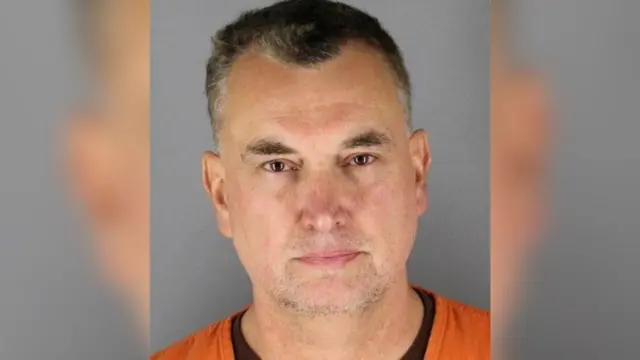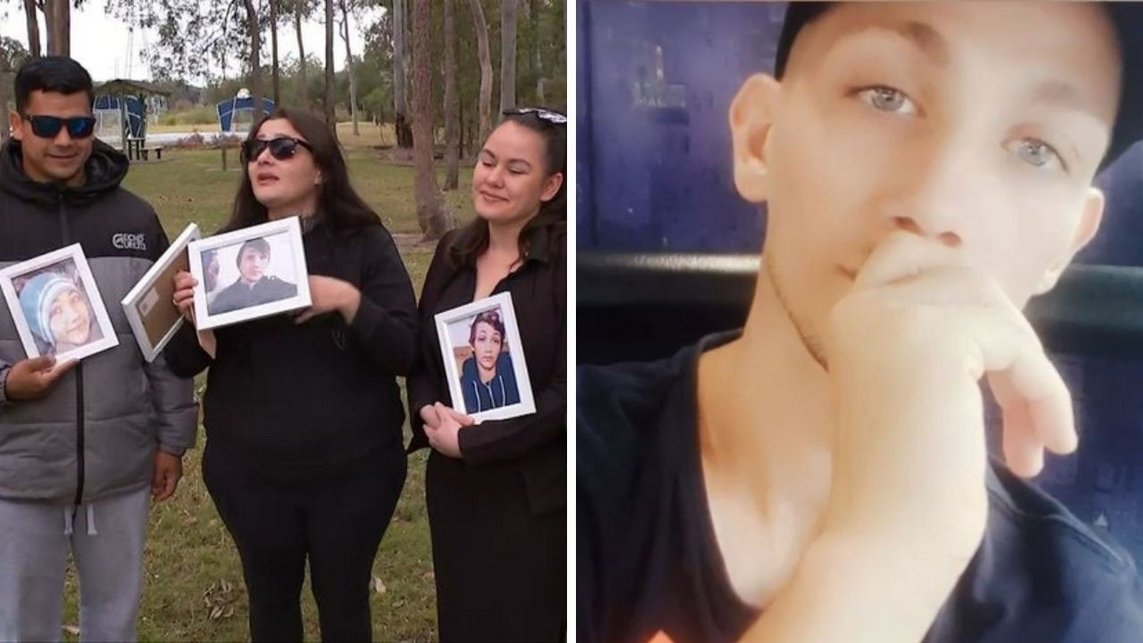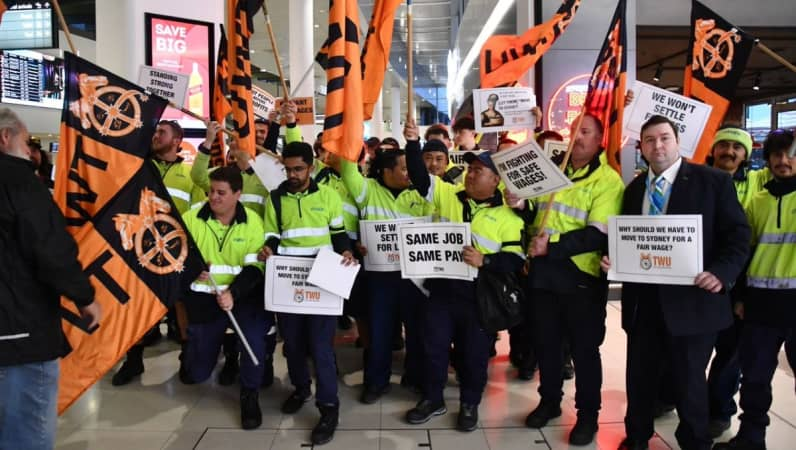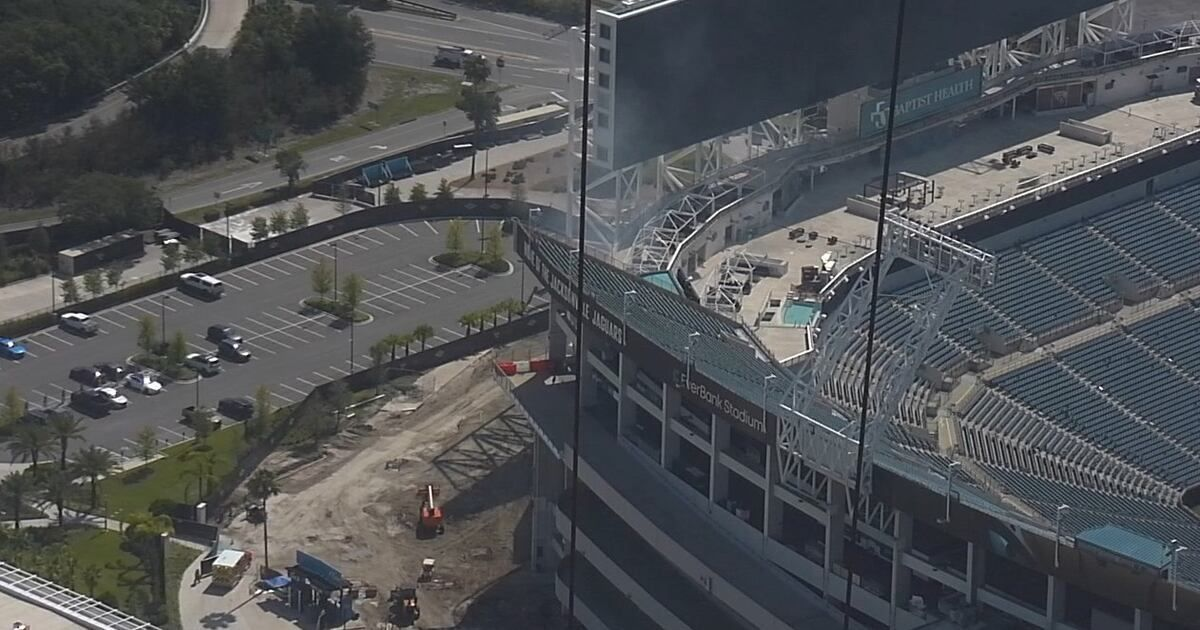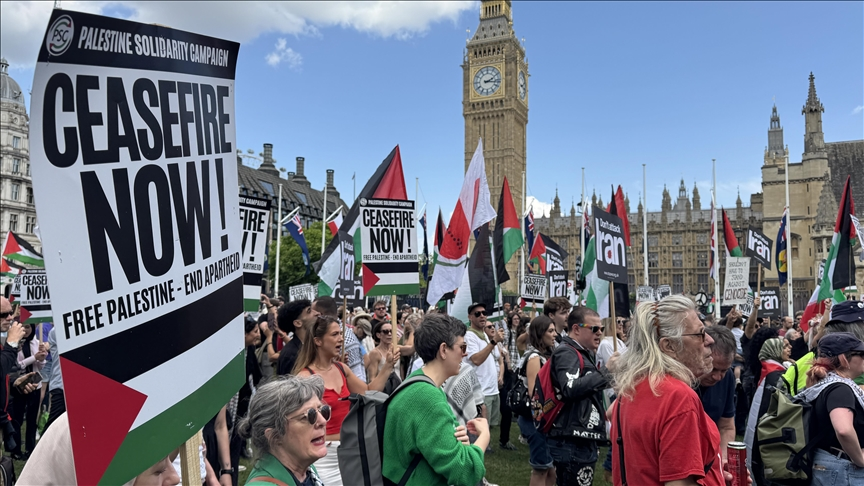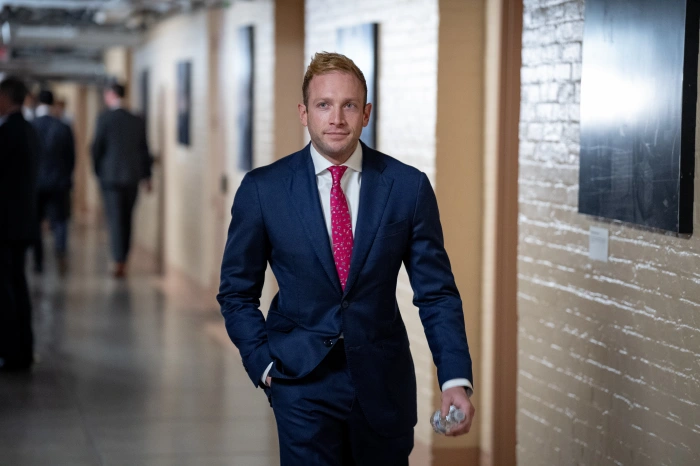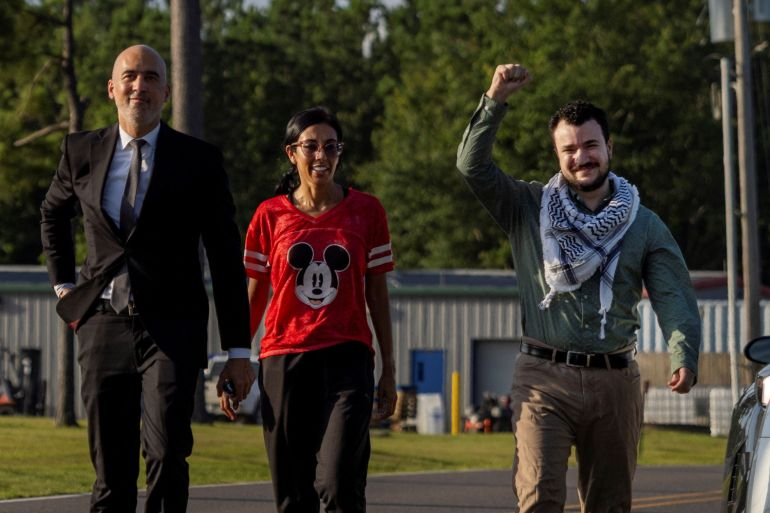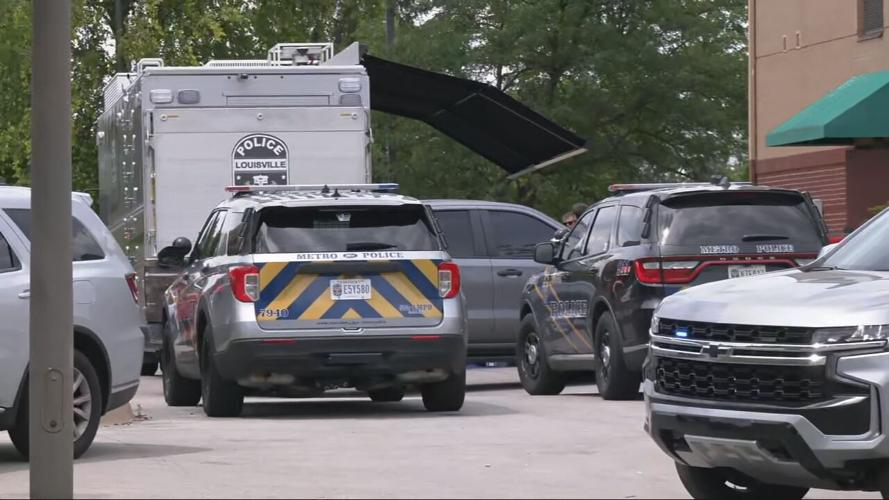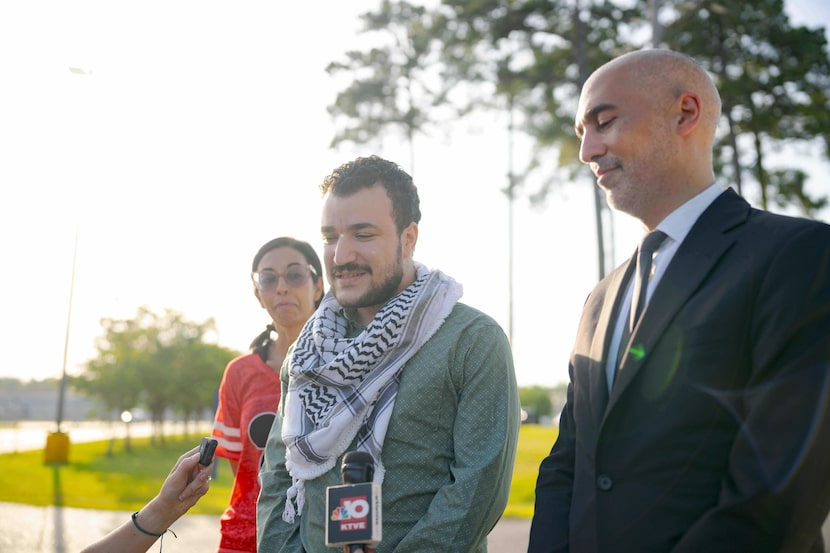The recent shooting of Minnesota lawmakers, leaving Representative John Hoffman injured and Representative Melissa Hortman unharmed, has sent shockwaves through the state and nation. The suspect, Vance Weholt, a self-described prepper, is now at the center of a complex investigation that delves into not only the act of violence itself but also his preparedness ideology and potential motivations. This article explores the details emerging from the investigation, examining Weholt’s background, his “prepper” lifestyle, and the intriguing questions surrounding his actions.
The Shooting and Its Aftermath
The shooting, which took place at a suburban Minneapolis apartment complex, instantly captured national attention. The targeted nature of the attack – against sitting state lawmakers – raised immediate concerns about political motivations and the growing climate of extremism. While the full details of the incident are still under investigation, early reports suggest a planned and deliberate act of violence. The fact that Rep. Hoffman was seriously injured underscores the gravity of the situation. The swift response of law enforcement and the immediate attention given to the injured representatives were crucial in mitigating the potential for further harm. The incident has prompted renewed discussions about security measures for elected officials and the escalating threats faced by public figures.
Vance Weholt: A Profile of the Suspect
Vance Weholt, the alleged perpetrator, has been described as a “prepper,” a term referring to individuals who actively prepare for societal collapse or other emergencies by stockpiling supplies, acquiring survival skills, and often adopting a self-reliant lifestyle. While prepping itself isn’t inherently violent, Weholt’s actions raise questions about the potential overlap between preparedness ideologies and extremist viewpoints. The investigation is focused on uncovering whether Weholt’s prepper lifestyle was a factor in the shooting or simply a coincidental aspect of his personality. Early reports suggest a history of online activity expressing dissatisfaction with government policies and elected officials.
Understanding the “Prepper” Mentality
The term “prepper” encompasses a wide spectrum of individuals, ranging from those who simply maintain emergency preparedness kits to those who believe an imminent societal collapse is inevitable and are actively preparing for a post-apocalyptic scenario. It’s crucial to differentiate between responsible preparedness and potentially dangerous ideologies. Responsible preppers focus on self-sufficiency and risk mitigation in the face of natural disasters or other emergencies. However, some preppers might harbor extremist views, viewing the government or specific groups as enemies to be resisted or overthrown. This distinction is essential in understanding Weholt’s motivations. The investigation will need to carefully examine the specifics of his prepper activities and their potential connection to his violent actions.
Weholt’s Online Presence and Potential Motivations
Investigators are carefully scrutinizing Weholt’s online activity, seeking clues about his motivations and potential connections to extremist groups. Social media posts and online forums frequented by preppers are being examined for any evidence of radicalization or incitement to violence. The content of his posts, the groups he interacted with, and the language he used will be crucial to piecing together his mindset and the sequence of events that led to the shooting. Any potential connections to anti-government groups or individuals who espouse violence as a means of achieving political goals will be a key focus of the investigation. Understanding his online presence might reveal the depth of his resentment towards the government and the lawmakers he targeted.
The Bailout Plan and Its Significance
Reports suggest that Weholt may have had some sort of “bailout plan” in place, potentially related to his prepper preparations. This aspect of the investigation is particularly intriguing. Did he anticipate being apprehended and have a strategy for escape or survival after the shooting? Was the plan connected to his prepper supplies and survival skills? Or was it a more metaphorical “bailout” related to his political ideology and beliefs? These questions are crucial to understanding the depth and planning behind his actions. The nature of his alleged bailout plan will likely provide crucial insights into his mindset and level of premeditation.
The Broader Implications
The Minnesota lawmaker shooting has far-reaching implications, raising concerns about political violence, extremist ideologies, and the potential dangers lurking within certain preparedness communities. The investigation will need to address not only the specifics of this case but also the broader context of rising political polarization and the increasingly hostile rhetoric circulating online and in public discourse. This case serves as a stark reminder of the importance of fostering respectful dialogue and addressing the underlying issues that can fuel violence and extremism.
Key Questions Moving Forward
- To what extent did Weholt’s “prepper” lifestyle contribute to his actions?
- What specific online communities and ideologies influenced his worldview?
- What was the nature of his alleged “bailout plan,” and what does it reveal about his premeditation and escape strategy?
- What security measures are needed to better protect elected officials and public figures?
- How can society address the growing threat of political violence and extremism fueled by online radicalization?
The investigation into the Minnesota lawmaker shooting is ongoing, and the full story is yet to unfold. However, the case already provides a critical lens through which to examine the complex relationship between preparedness ideologies, extremist viewpoints, and the potential for political violence. As the investigation progresses, further details will undoubtedly emerge, providing a deeper understanding of Vance Weholt’s motivations and the broader implications of this tragic event. The focus should remain on ensuring justice for the victims and implementing measures to prevent similar incidents in the future.
